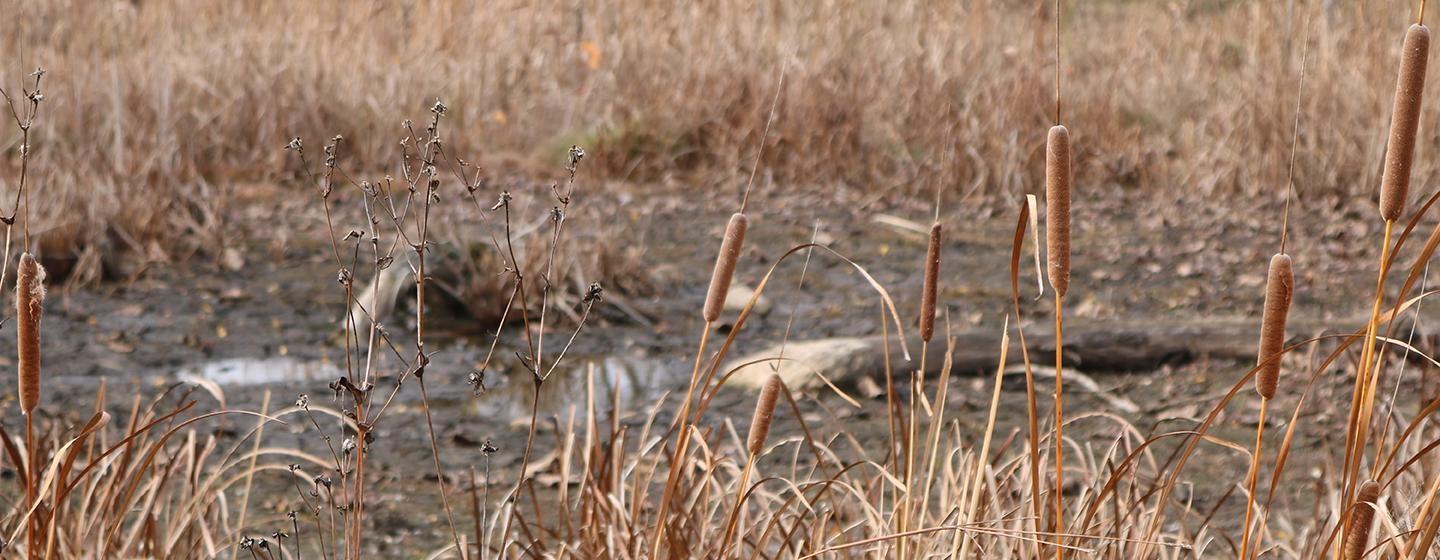In BY NATURE’S DESIGN: EXPLORING OUR NATIVE WILDLIFE, we learned that over 90% of Ohio’s wetlands have been lost, risking the safety of their inhabitants and jeopardizing our water quality. Wetland loss has even contributed to the runoff pollution causing harmful algae blooms in Lake Erie.
Our first episode, “Welcome to the Wetlands,” demonstrated the recent wetland restoration progress made with the help of government intervention. But the wetlands will need help from more than just experts and advocates — they’ll need the support of everyday people. If you want to protect wetlands and preserve their environmental benefits, there are some things you can do.
Reduce the use of pesticides and fertilizer
Spring is the peak time for gardening and lawn care. To support wetland survival, it’s important to minimize the use of harmful chemicals found in pesticides and fertilizer. When needed, use natural products in place of chemicals, such as neem oil for pest repellent and compost from household waste for fertilizer.
Plant native
Native plants tend to resist diseases better, which means little to no pesticides or fertilizers are needed for them to thrive — saving you time and money in the long run. Plus, planting native has a host of additional benefits, like supporting pollinators and your local bird population!
Remove non-native plant species
If you have non-native plants in your yard, remove them immediately and replace them with plants that are native to your area. Unsure if you’re dealing with a native or non-native species? Check out the Ohio Department of Natural Resources’ invasive species directory.
Support local conservation efforts
Maybe conservation isn’t your full-time job, but you can join forces with those for whom it is! Consider volunteering your time or money to local conservation organizations such as the Black Swamp Conservancy, The Ohio Wetlands Association or The Nature Conservancy.
Whether you’re a longtime nature lover or just want to ensure we have clean water for generations to come, you can make a difference and help turn back the clock on wetland loss.




